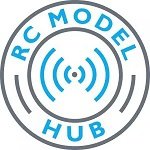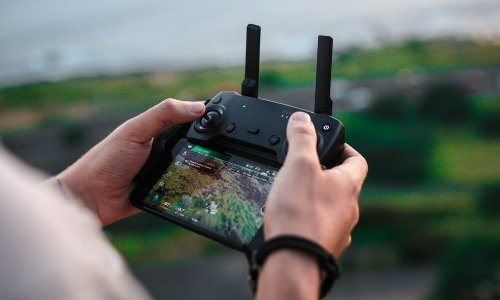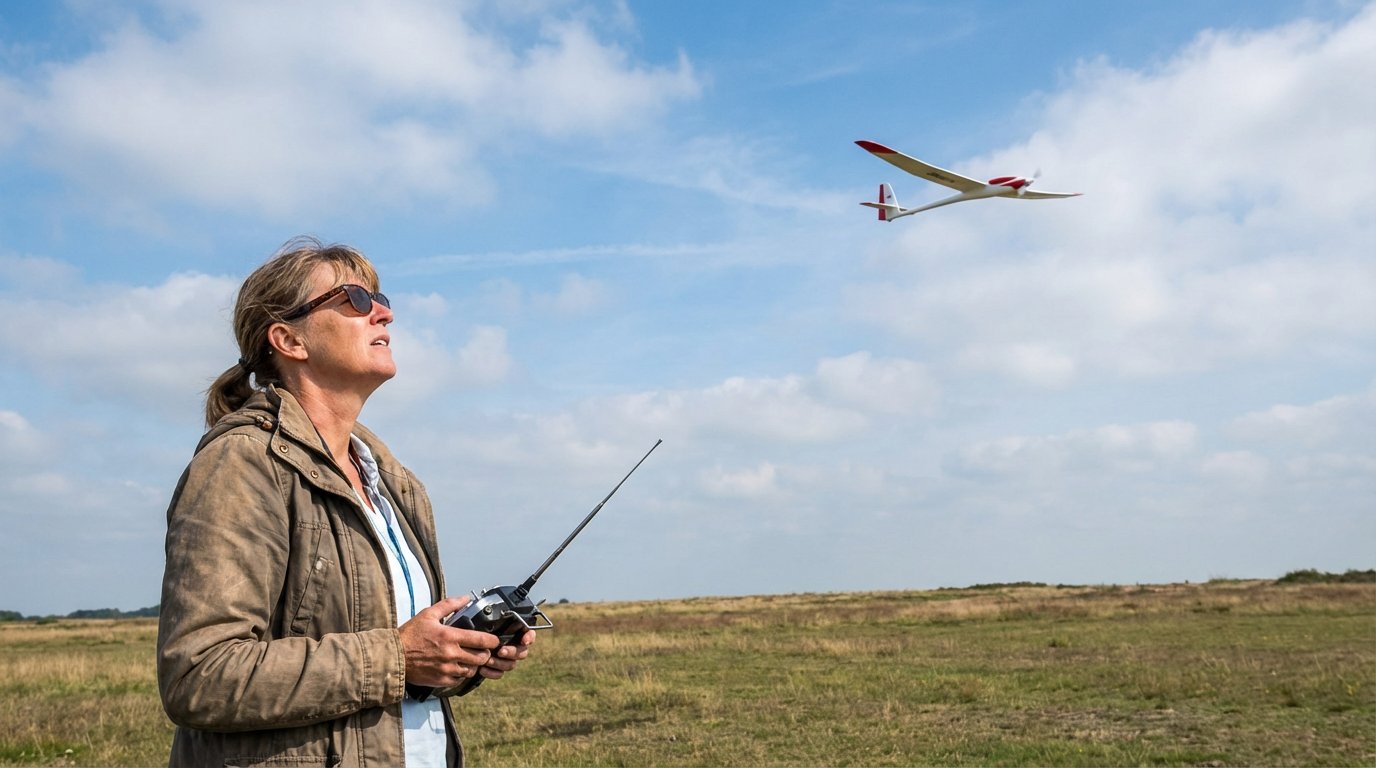Any links on this page that lead to products on Amazon, the Ebay Partner Network (EPN) and other companies may be affiliate links and we earn a commission if you make a qualifying purchase. Thanks in advance for your support!
Last Updated: 03 Jan 2026. Check your regulator before flying — rules change frequently!
I was so involved in researching what type of RC plane I should get, it never occurred to me that I might need a licence to fly drones or RC plane – so I set out to see if I needed a licence to fly. Here’s what I found…
You do not generally need a pilot licence for recreational RC flying, but most countries now require registration, a theory test or Flyer/Operator ID, and Remote ID compliance for many models — check the regulator guidance before you fly.
The situation is changing – authorities are beginning to tighten up on the use of RC models, mainly as a response to the explosion in the use and misuse of drones. Read on below to see what the easiest way is to stay on the right side of the law in your country.
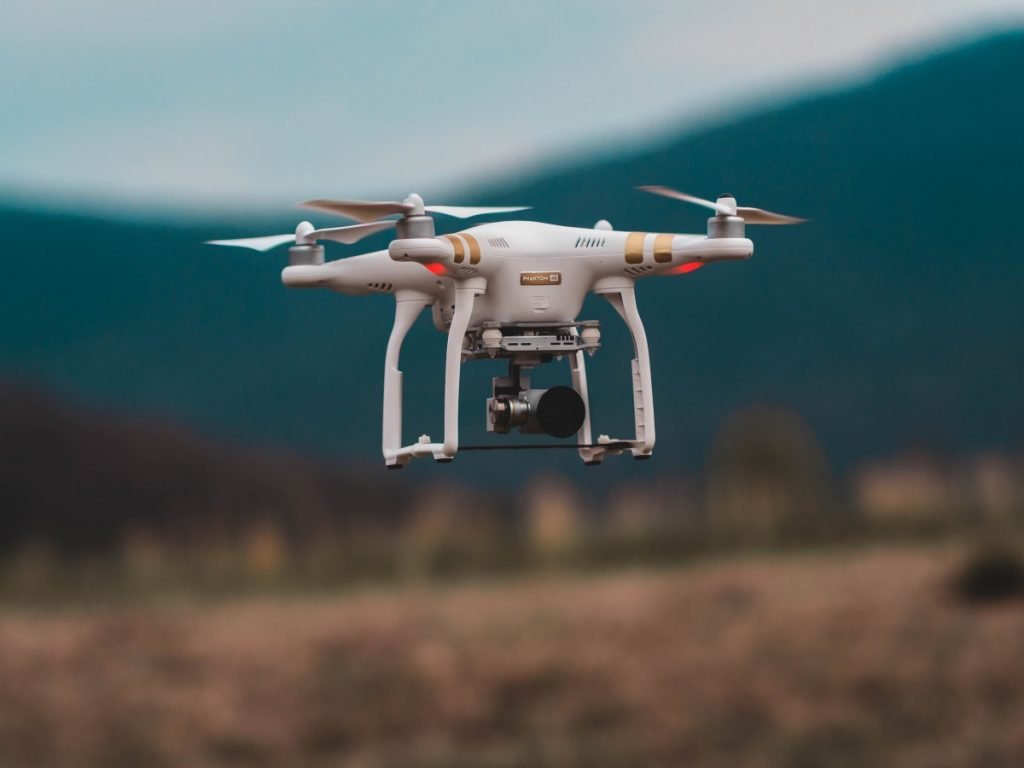
Just starting out with RC Planes? Take a look at the latest recommended RTF (ready to fly) and easy-to-fly RC Planes, which will make getting into the air easy peasy and cheap – here.
Table of Contents
What Licences Are Associated With Flying RC Planes?
Whilst country regulations for flying RC models, including planes, helicopters and drones, are broadly aligned, there are differences, which I’ve set out below.
Bear in mind that these regulations have been introduced to improve the safety of everyone using the skies and on the ground, and not just for the sake of more bureaucracy. I’ve written about safety and RC planes here.
Do You Need a Licence to Fly RC Planes in the US?
As of writing this article, recreational flyers must complete the FAA’s TRUST (The Recreational UAS Safety Test), register any unmanned aircraft that weigh more than 0.55 lb (250 g) via FAA DroneZone, and comply with the FAA Remote ID rule that became mandatory in 2024 (Remote ID acts like a digital license plate and is enforced outside FAA‑Recognized Identification Areas).
I understand that the test will be approximately 25 questions. If the tester misses a question, the test will bounce back to the question and have information for the tester to read and reselect an answer. The test will not be as extensive as a part 107 test, the exam commercial drone pilots need to pass.
The test will be one of the 8 conditions contained in the FAA Reauthorization Act of 2018 that must be satisfied to use recreational small unmanned aircraft (those weighing less than 55 pounds). The other conditions are:
- The aircraft is flown strictly for recreational purposes. If you are using the unmanned aircraft for a commercial or business purpose, check this FAA page
- The aircraft is operated in accordance with or within the programming of a community-based organization’s (CBO) set of safety guidelines that are developed in coordination with the FAA.
- An example CBO is the AMA. This is still being agreed with the various organisations. During this interim period, the FAA directs recreational flyers to existing basic safety guidelines, which are based on industry best practices, on its website (faa.gov/uas)
- The aircraft is flown within the visual line of sight of the person operating the aircraft or a visual observer co-located and in direct communication with the operator (in the case of “First person view” – ie using an onboard camera and operator goggles).
- The aircraft is operated in a manner that does not interfere with and gives way to any manned aircraft.
- In controlled airspace, which is generally near airports, you may fly only at authorized fixed sites. The list of authorized fixed sites is available on the FAA’s website at www.faa.gov/uas
- In uncontrolled airspace, you may operate recreational unmanned aircraft up to an altitude of 400 feet above ground level.
- The aircraft is registered and marked Details on how to do this are at https://www.faa.gov/uas/getting_started/register_drone/
As far as we know, these regulations will also apply to flying rc models indoors. For more on flying indoors, check out this post here.
UK Regulations for Flying RC Planes
You will need to take a test to fly a remote control aircraft or drone over 100g in the UK, and register your RC plane or drone.
From 1 January 2026 the Civil Aviation Authority (CAA) introduced new rules: anyone flying a drone or model aircraft outdoors over 100 g must hold a Flyer ID, and most operators must hold an Operator ID; Remote ID functionality and updated product classifications are also required. The Flyer ID is obtained by passing the CAA online theory test; penalties apply for non‑compliance.
The law requires that anyone operating an unmanned aircraft outdoors that weighs more than 100g is registered as an Operator with the Civil Aviation Authority (CAA) and able to provide evidence of their competency.
Registration is called “Operator ID” and the competency test is “Flyer ID”. It could be that, as a parent, you apply for an operator ID, and your child applies for a flyer ID to be able to fly the plane. Parents need to register their children under 13.
To demonstrate evidence of competency, operators (ie pilots of RC planes and drones) will need to pass a test. This test will need to meet the requirements of the CAA Drone and Model Aircraft Registration & Education Scheme (DMARES).
There are exemptions – for example if you fly a control line model, or you fly indoors.
Further details about the test, and preparing for it, as well as registration, can be found on the CAA website here. The British Model Flying Association has summarised the requirements in the following infographic:
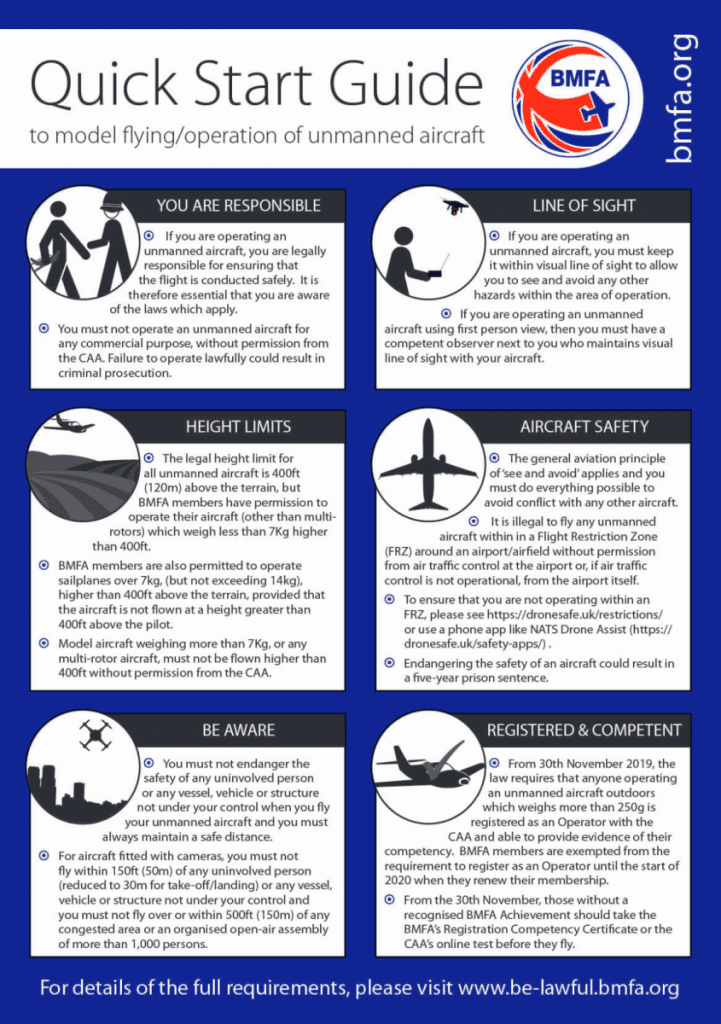
Do I need a Licence to Fly an RC Plane in Canada?
All pilots of drones (ie any type of Remotely Piloted Aircraft System) that weigh between 250 g and 25 kg must get a drone pilot certificate. All drones must be registered with Transport Canada and pilots must mark their drones with their registration number before they fly.
There are two types of licence:
Pilots conducting basic operations need a Pilot Certificate – Basic Operations.
If you meet all 3 of the following conditions, you’re conducting basic operations:
- You fly it in uncontrolled airspace
- You fly it more than 30 metres (100 feet) horizontally from bystanders
- You never fly it over bystanders
If you do not meet any 1 of these 3 conditions, you are conducting advanced operations.
Pilots conducting advanced operations need a Pilot Certificate – Advanced Operations. To get this certificate, they must pass the Small Advanced Exam and an in-person flight review. The flight review will assess a pilot’s ability to operate their drone safely.
Here’s an infographic produced by Transport Canada outlining the criteria:

You must be:
- 14 years of age or older to take a Small Basic Exam
- 16 years of age or older to take a Small Advanced Exam
If you fly a drone without meeting these requirements, you may be fined. Fines are:
- $1,000 for recreational users
- $5,000 for commercial users
Details of how to obtain your licence can be found here.
In summary the basic licence costs $10. Transport Canada strongly recommends that you attend a drone flight school before attempting the exam.
